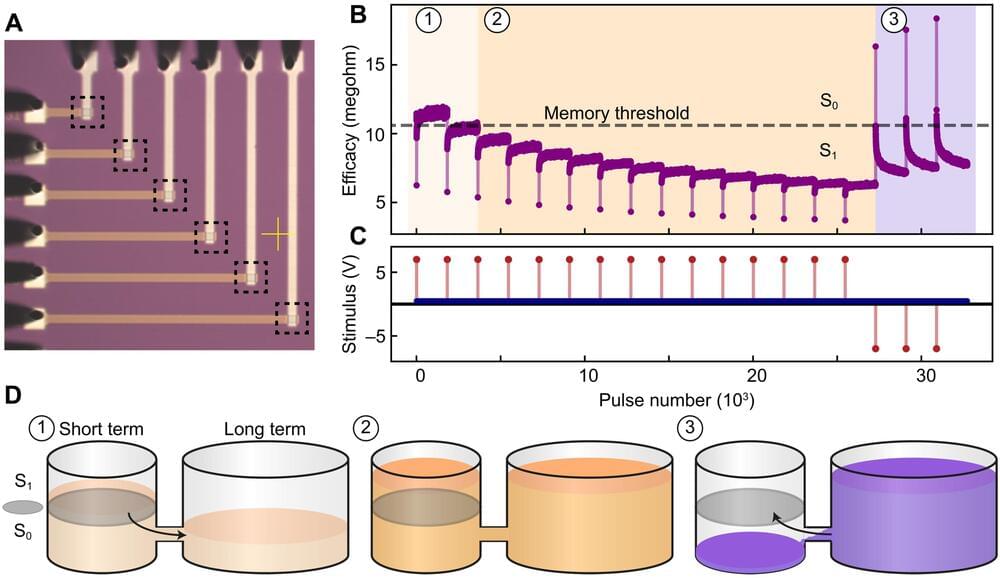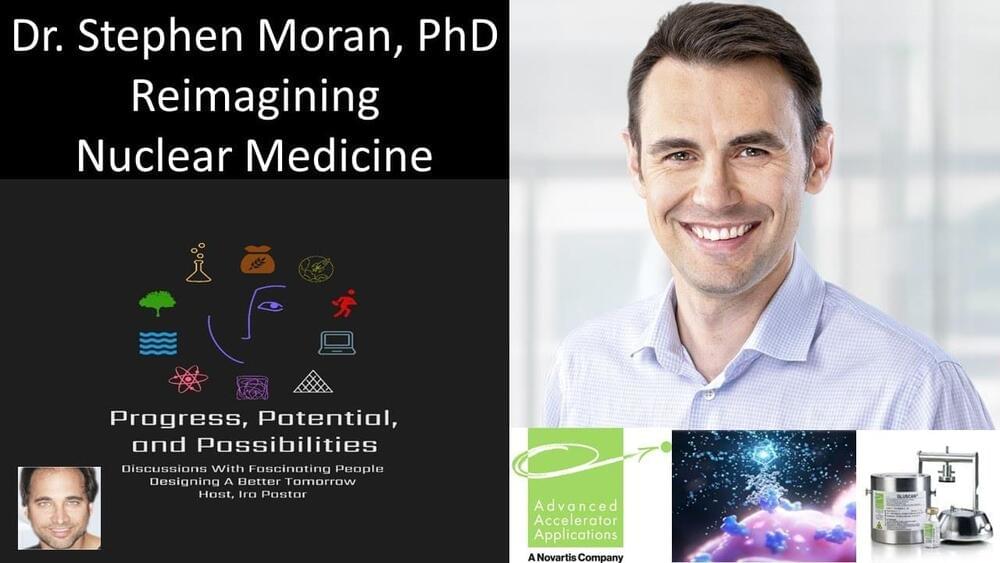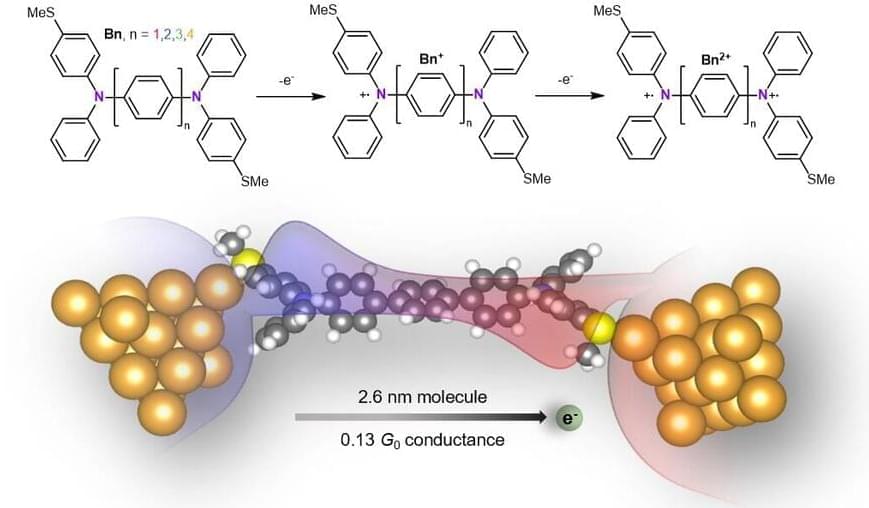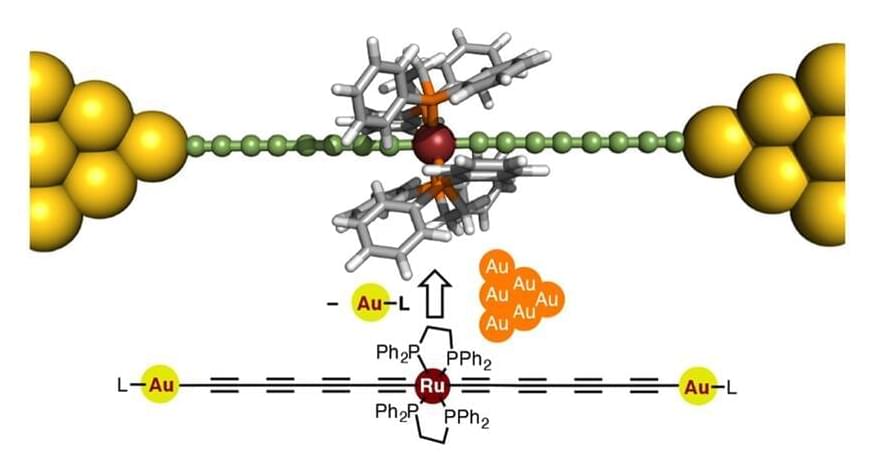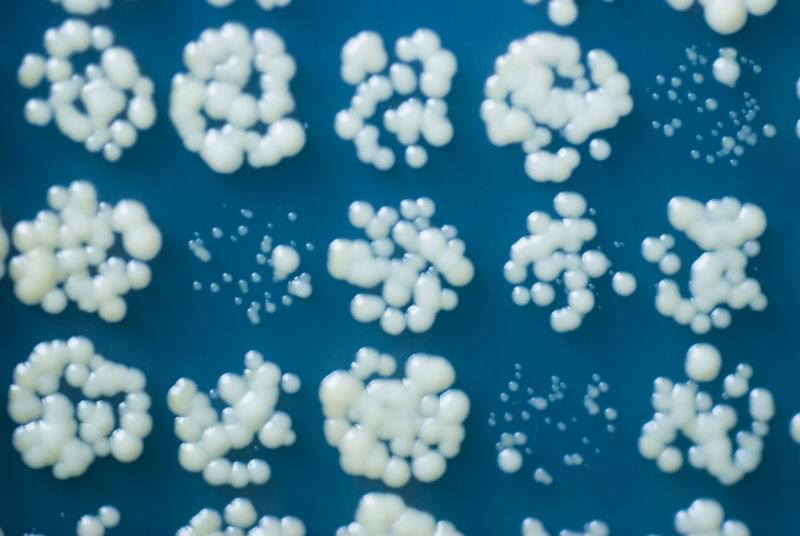Jul 15, 2022
Providing embedded artificial intelligence with a capacity for palimpsest memory storage
Posted by Dan Kummer in categories: biological, chemistry, robotics/AI
Biological synapses are known to store multiple memories on top of each other at different time scales, much like representations of the early techniques of manuscript writing known as “palimpsest,” where annotations can be superimposed alongside traces of earlier writing.
Biological palimpsest consolidation occurs via hidden biochemical processes that govern synaptic efficacy at varying lifetimes. The arrangement can facilitate idle memories to be overwritten without forgetting them, while using previously unseen memories short-term. Embedded artificial intelligence can significantly benefit from such functionality; however, the hardware has yet to be demonstrated in practice.
In a new report, now published in Science Advances, Christos Giotis and a team of scientists in Electronics and Computer Science at the University of Southampton and the University of Edinburgh, U.K., showed how the intrinsic properties of metal-oxide volatile memristors mimicked the process of biological palimpsest consolidation.
